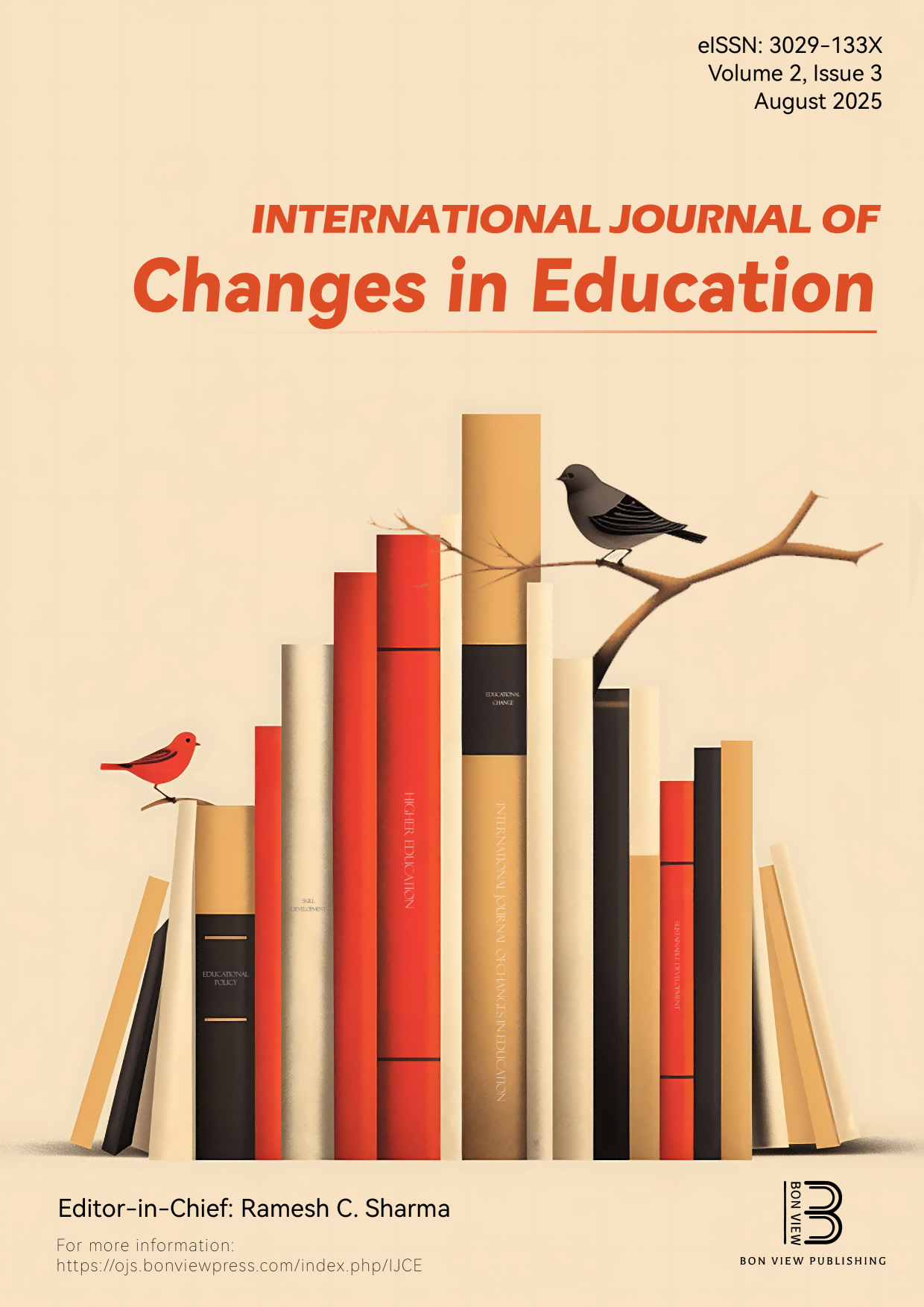This Course Is Ungraded: The Impact of Ungrading Practices on Students and Their Instructor
DOI:
https://doi.org/10.47852/bonviewIJCE42023565Keywords:
ungrading, formative assessment, reflective teaching, self-efficacyAbstract
The researcher studied ungrading practices in an introductory course on emergent language and literacy in the early years for undergraduate students interested in pursuing careers as classroom teachers at an urban public college in the northeast United States. Based on the Scholarship of Teaching and Learning (SoTL), the researcher applied self-efficacy and reflective teaching theories to address how a course designed with ungrading practices impacted students' self-efficacy and the researcher as a reflective teacher. The researcher used mixed methods to analyze data. Findings show that students' participation presented a calibration of dynamic interaction between personal, behavioral, and environmental factors. Findings also show how integral it was to build a supportive learning community to develop students' self-efficacy. Ungrading practices created conditions for a humanizing pedagogy. The researcher applied an ethics of care that diminished power over students and instead emphasized power with students. This shift in power enabled dialogic discourse that informed responsive teaching and reflective practice. Rather than best practices, a course designed with ungrading practices is deeply contextual and requires an inquiry stance.
Received: 4 June 2024 | Revised: 9 October 2024 | Accepted: 30 October 2024
Conflicts of Interest
The author declares that he has no conflicts of interest to this work.
Data Availability Statement
The data supporting the research are available upon reasonable request from the corresponding author.
Author Contribution Statement
Ted Kesler: Conceptualization, Methodology, Validation, Formal analysis, Investigation, Resources, Data curation, Writing – original draft, Writing – review & editing, Visualization, Supervision, Project administration.
Downloads
Published
Issue
Section
License
Copyright (c) 2024 Author

This work is licensed under a Creative Commons Attribution 4.0 International License.


